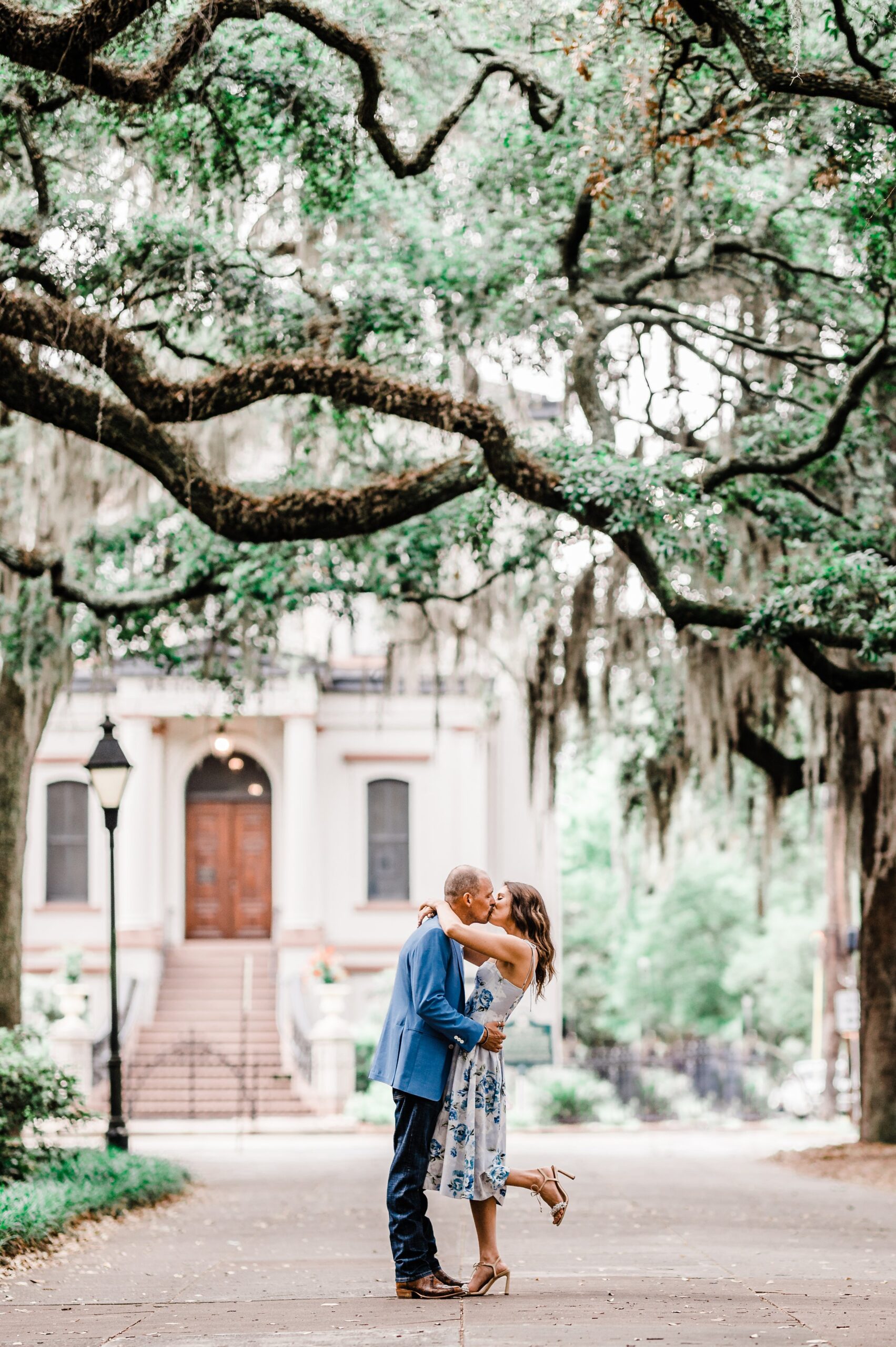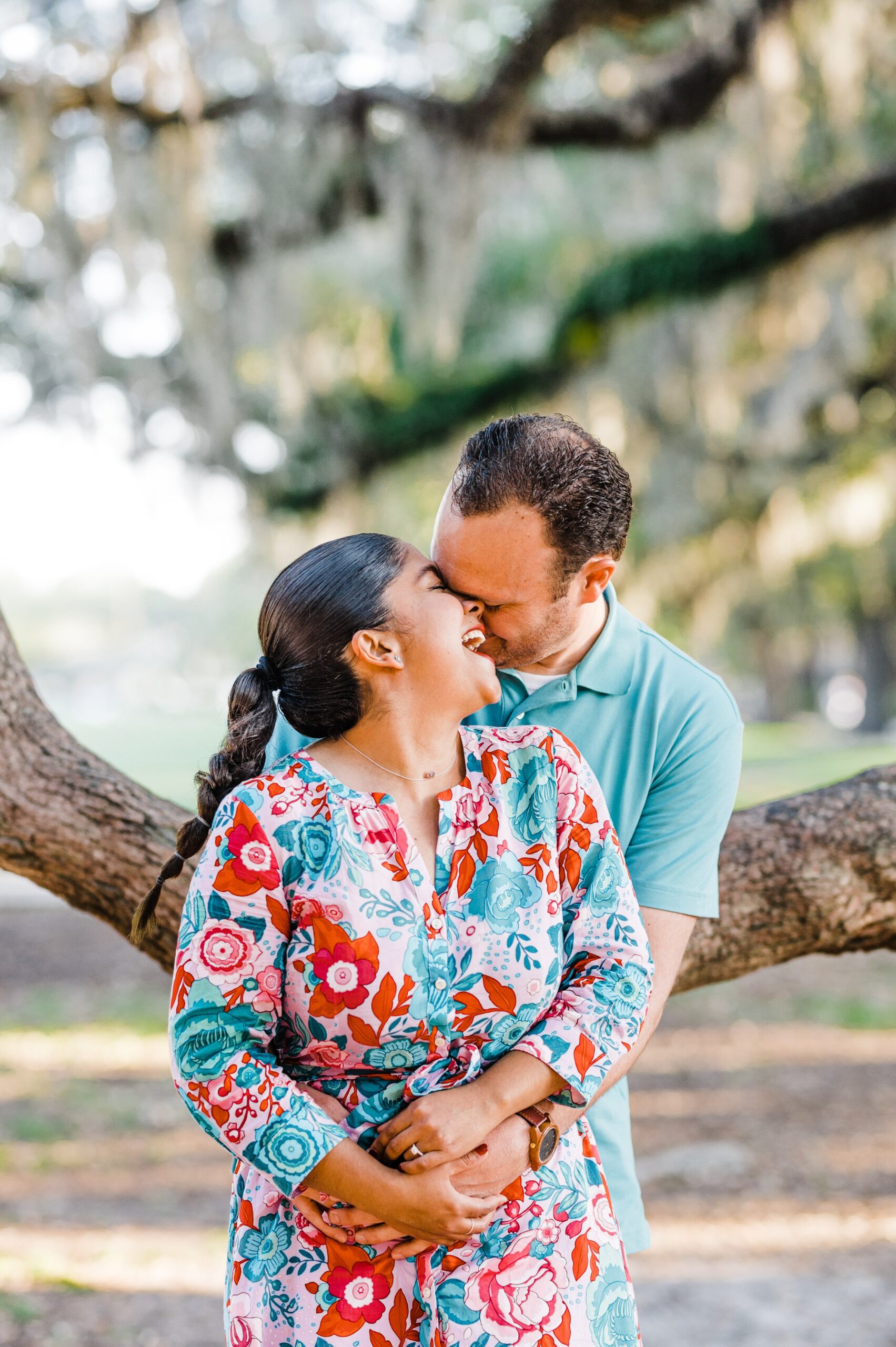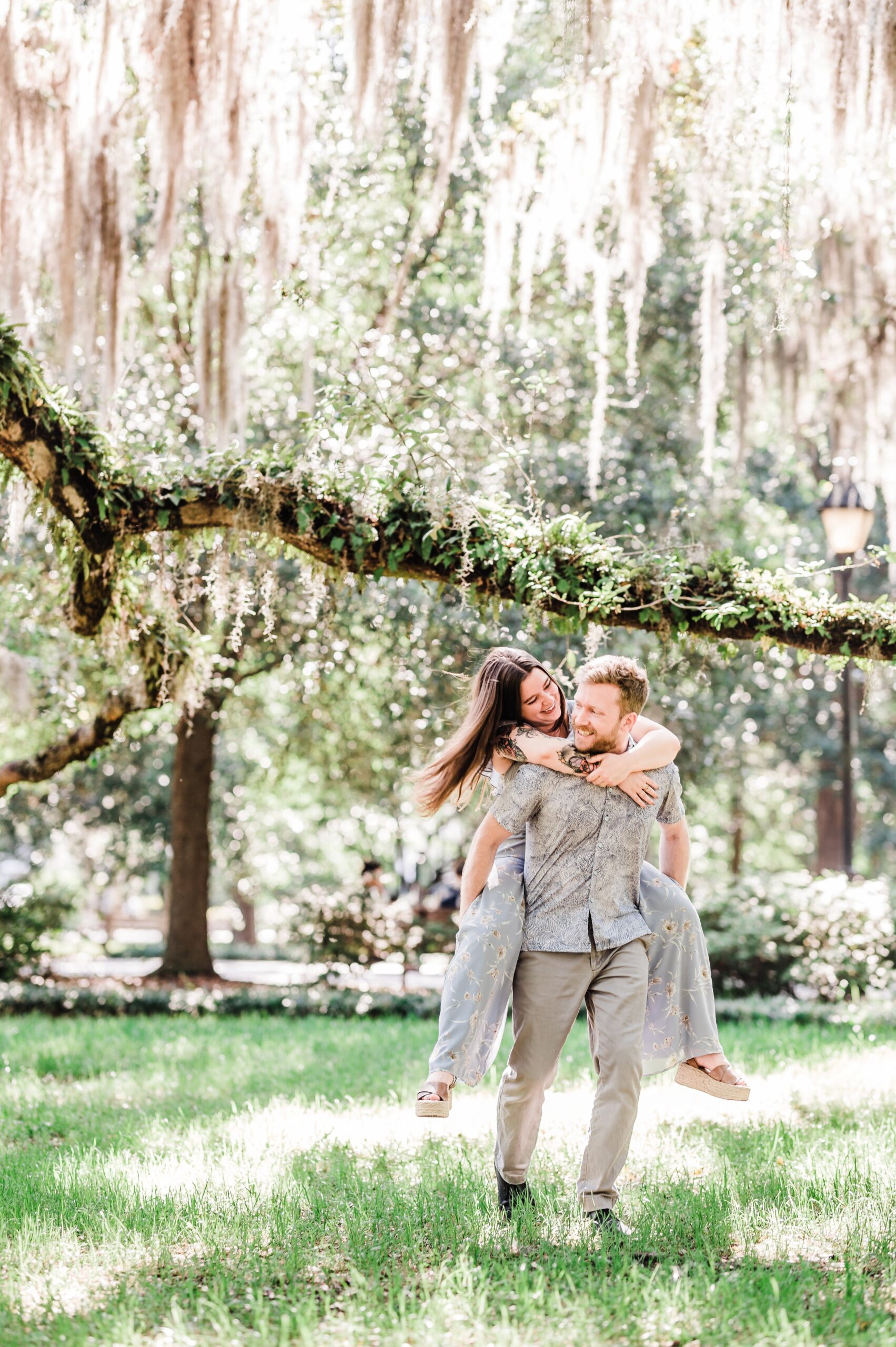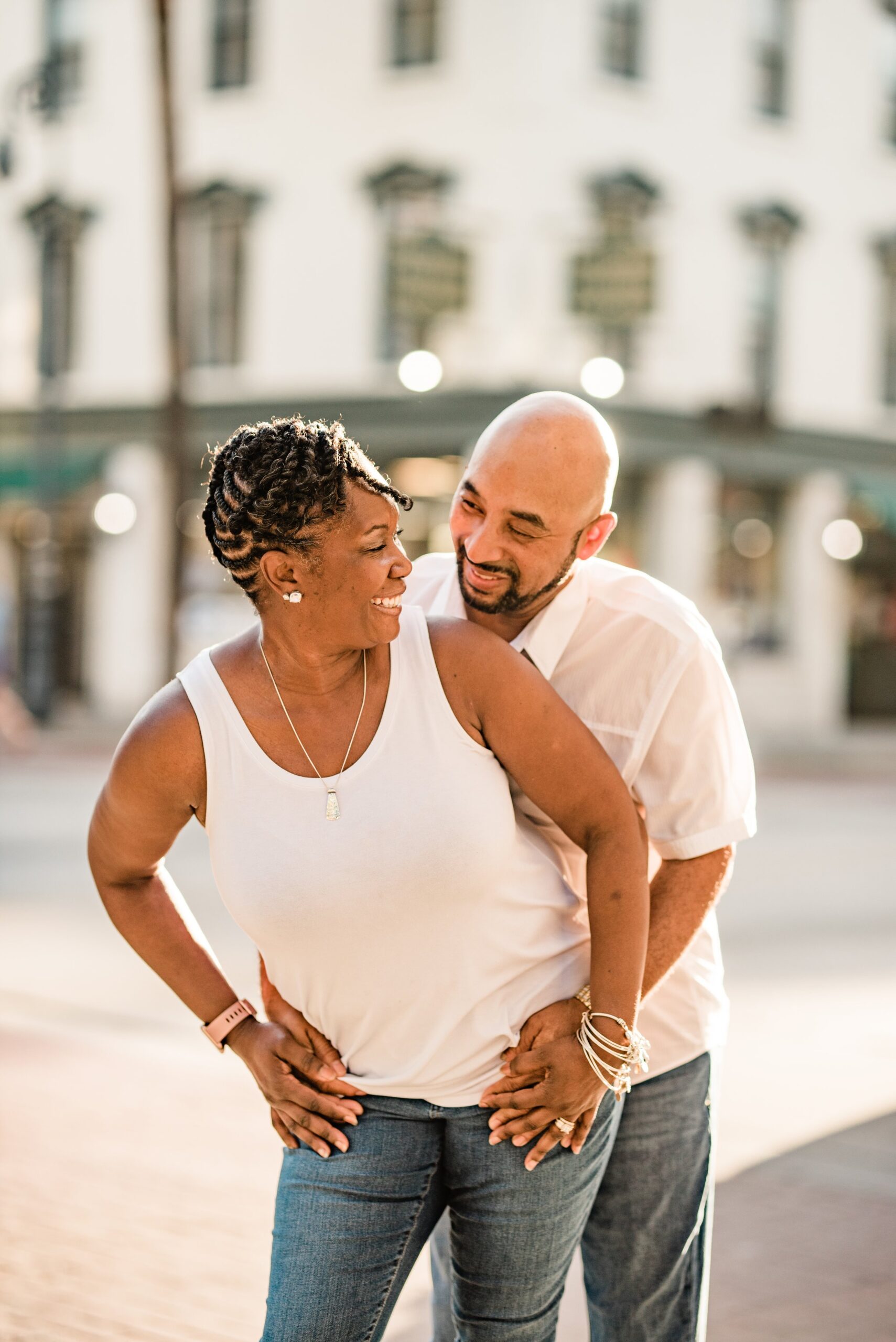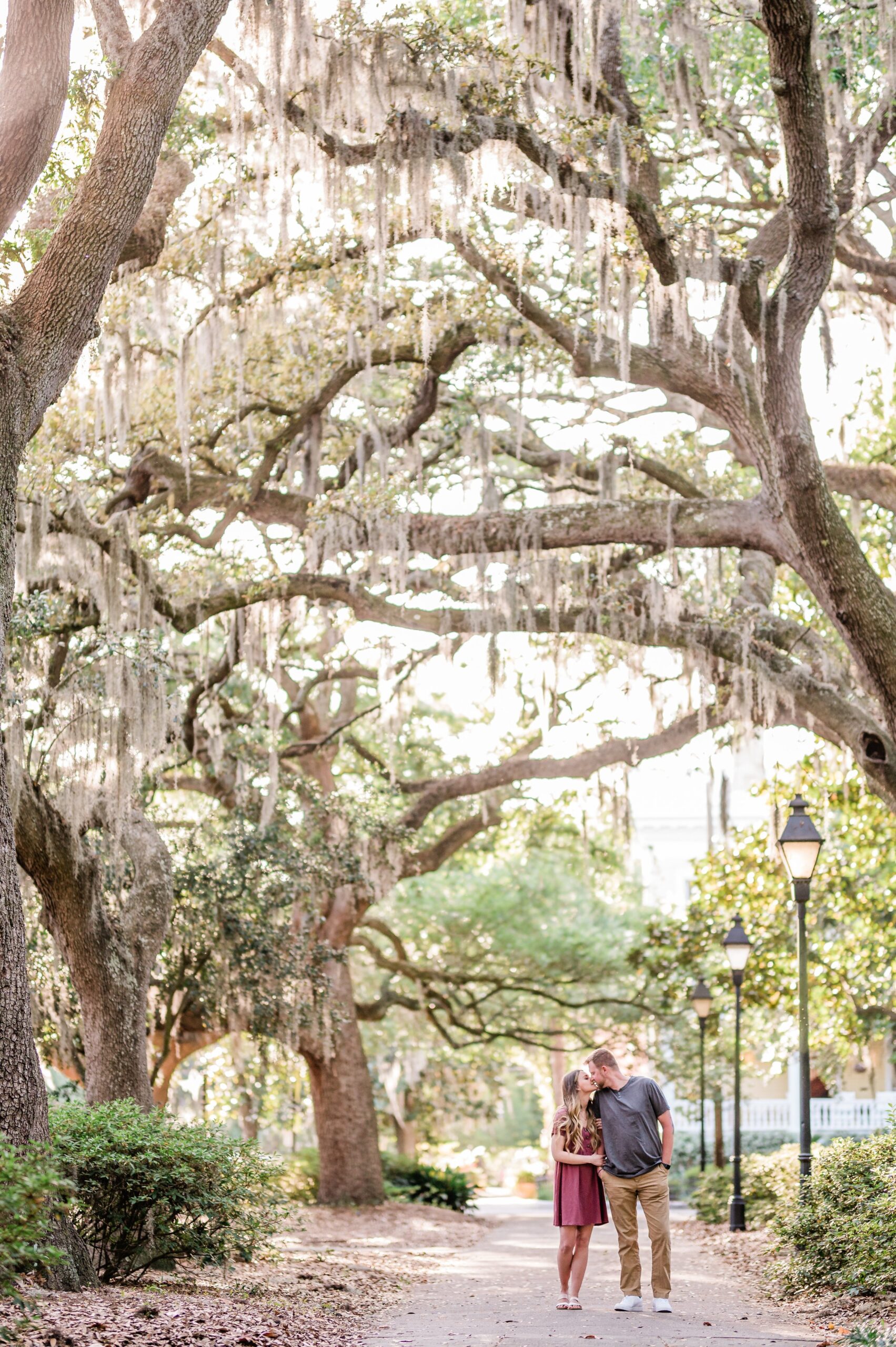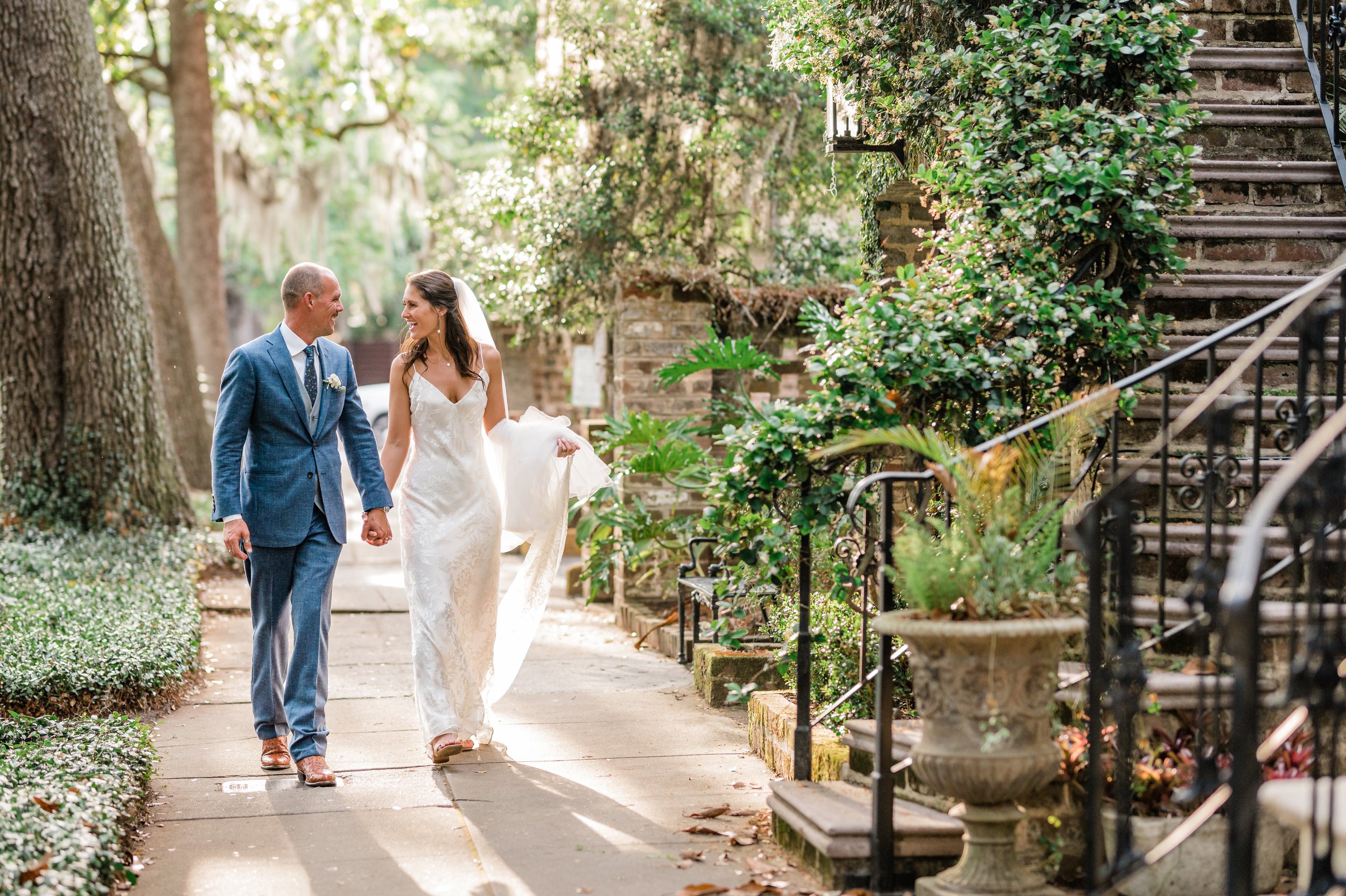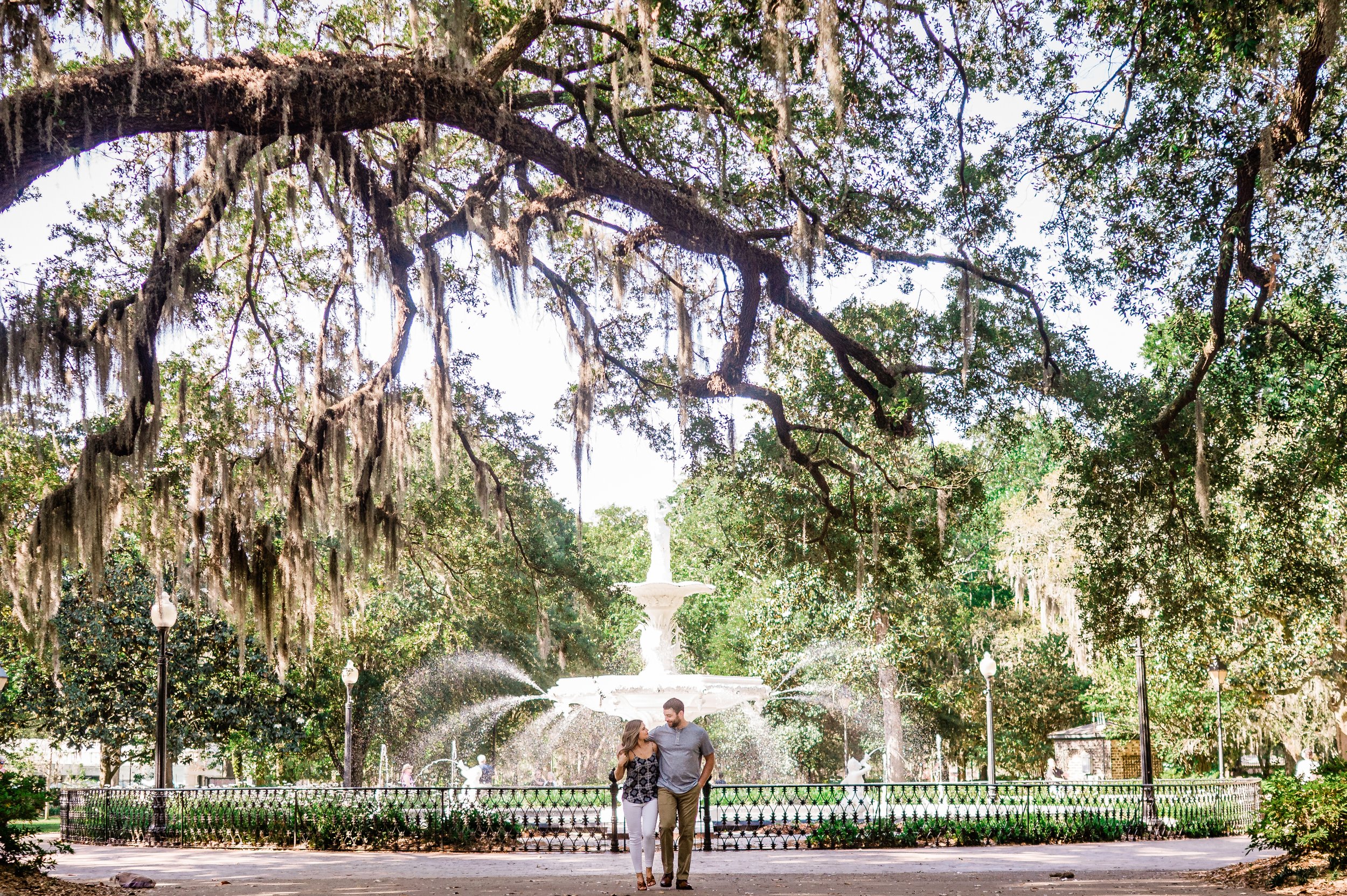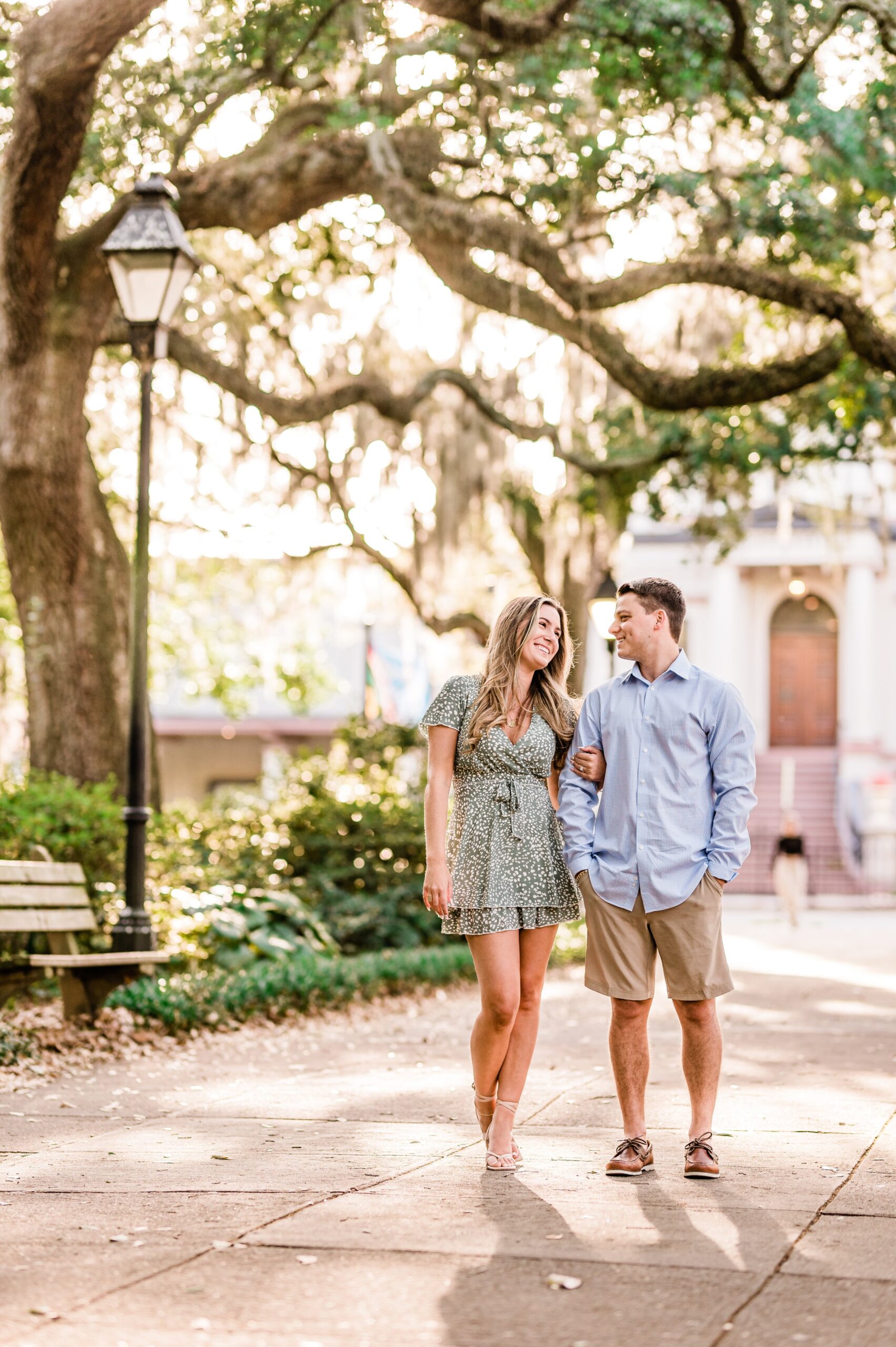INTRODUCTION
Time really does fly the older you get, and I as I’m writing this I can’t believe it’s already been over a year since I announced my stance against the usage of plantations, or anywhere with the name “plantation”, for wedding and aesthetic purposes.
I wanted to make another post about this topic because I feel like I’ve gained some new perspective over the last year, and while I did get a lot of negative comments initially and lose a few clients who were determined to shoot on plantations, my inbox is constantly full of people thanking me for the last post (and saying they’re taking the same steps with their businesses as well). It is so fulfilling to know how a small blog post on my website can have such an impact on an entire community. This post isn’t really about why you shouldn’t shoot on plantations, I went over that in detail in my last post, but rather a discussion of what I’ve been up to since then!
If you’re new around here and have no idea which post I’m talking about, you can read it here.
Mostly I wanted to go over my first year of business avoiding plantations, and help with a list of places you can shoot instead! I also wanted to go into a little more detail and open up a discussion around a location I haven’t quite made my mind up about yet – but more on that later.
A yEAR OF BUSINESS
When first deciding to avoid these locations one of the first feelings I (admittedly selfishly) had was, how much business am I going to lose because of this? And I’d be willing to bet I’m not alone in that thought; it’s hard being a small business owner after all. Of course, I had to turn away maybe 3 or 4 clients this year, but overall I have been so surprised at my success even while avoiding some of the most popular photo spots in the city. I’ve almost booked up completely every single month this year – and I’m not trying to brag, but rather prove that you can do it, too! If you’re a fellow vendor and you’re scared to take the leap, please don’t be! If anything, you’ll gain even more clients and believe in your business whole-heartedly, because you can operate knowing you are doing the right thing – people researching you will be able to tell as well. Not sure what to say to potential clients who are reaching out? Feel free to link them to the blog post I made, or really any of the material available online about the subject. There is a large shift on the perspective of these locations by society, be on the good side of the fight!
I mentioned it briefly in my other post, but Wedding Wire, Pinterest, and more are shadow banning any plantation related material. That means if you’re still advertising with it, you’re probably doing your business more harm than good. People outside of Savannah know that Wormsloe is a plantation, too, even though they don’t mention it in the name. In fact, Wormsloe is the first place I got called out for shooting at, in a Facebook group by a photographer across the country. People know, trust me.
Point is – you’re not going to lose enough clients to harm your business model, and if you do, then your business wasn’t ethically sustainable anyway. The more people that stand up about this, the better! This post isn’t meant to shame anyone either – friends/past clients/current colleagues – everyone works through things differently and everyone makes mistakes, including me! I want this post to be an example of how you can make small steps and big change in your current community.
All of the photos taken above were shot at beautiful non-plantations around Savannah, so let’s go over some of my favorite places to shoot!
WHERE TO SHOOT INSTEAD
One of the comments I constantly got on my last post was “the whole South is bad then! Everything was built by enslaved people!” – and so, before I get into where I photograph instead, I wanted to reiterate the response of: Unfortunately our history is built on Black backs and in the South you’re not going to avoid a place with ties to slavery, you are correct. But by speaking out and bringing attention to the issue we can do our part. You are not glorifying the antebellum south by photographing a building that was built by enslaved hands when you cannot really avoid that in southern urban centers; however, in quite the same way you are glorifying slavery by opting to begin your married life on grounds where they were born, worked, died, and have been intentionally forgotten. The south is complicated. It’s not going to be perfect. You cannot avoid the shadow of slavery. There is a stark difference between shooting at places that happened to involve slavery and places that were completely centered around it.
Here’s where I like to shoot to get those beautiful Live Oak trees, Spanish moss, and backgrounds that the Low Country is known for. This is a short list of locations that are listed specifically for their trees and moss, but you can read my full Savannah location guide here.
1.) Forsyth Park
2.) Habersham Village (an apartment complex in South Carolina, of all things!)
3.) The Squares of Savannah*
-
*some of the squares have confederate monuments and stark ties to slavery, so please be cautious when shooting.
4.) East Jones Street
5.) The Mackey House*
-
*Originally, a piece of the 440 acre-wide land was used as confederate army camp, but was later taken over and occupied by Union troops during the March to the Sea. “Years later, the Spanish American War began, and a powder magazine used to house ammunition was built on land adjacent to what would become Red Gate Farms, and the magazine keeper’s house was built on the land. Today, you can still see what is left of the powder magazine off of Ogeechee Road, and the keeper’s house still stands on Red Gate Farms.” This venue is rich in war history, but was never used as plantation land and the owners are careful not to advertise themselves as such on any of their websites. This is important to me, and you can read why here. The home on the property wasn’t built until the late 1990’s, so it gets my seal of approval as one of my favorite venues in the city. You can read more about The Mackey House here, and more about their other spaces here!
6.) Skidaway Island State Park*
-
* when researching Skidaway, I learned that there was a small plantation on the very tip of the Island, called the Modena plantation. However, the area with the walking trails and campground where I shoot is not on the land where the plantation was. The trails are built around the old liquor stills that existed during the Prohibition era. The land where Modena plantation was is now occupied by the site of the Skidaway Institute of Oceanography and University of Georgia’s Marine Extension Center. On the map above I’ve circled the trail where I shoot in yellow, and the Marine Center in red so you can see more clearly what I’m talking about.
If you’re specifically looking for wedding venues, you can check out this page with all my favorite venues and links to their websites!
PLACES TO AVOID
My last “places to avoid” list is what garnered a lot of my negative feedback, and I had plenty of messages from venues asking to be removed from the list and offering tours of their properties. These venues were mostly the ones that weren’t actually plantations but still used the word in their business title. As a review, simply using the word plantation in your title is still contributing to the romanticization of the Antebellum Era and enslaved peoples (I went into this in more detail on my other post, including a comprehensive history of the word plantation and all of it’s contexts/negative connotations). And as I mentioned above, using the word in your title is getting your venue blacklisted from major social media/wedding platforms – it’s past due that we stop referring to places as “plantation” in a romantic and dreamy sense. If you’re a venue that wasn’t actually a plantation and your find yourself on this list again a year later, please consider changing your name!
-
Tanglewood Plantation, Lynchburg SC
-
Wormsloe Plantation, Savannah GA
-
Lowndes Grove Plantation, Charleston SC
-
Pebble Hill Plantation, Thomasville GA
-
Magnolia Plantation and Gardens, Charleston SC
-
Woodlawn Plantation, Guyton GA
-
Ormond Plantation, New Orleans LA
-
Old Wide Awake Plantation, Hollywood SC
-
Sweet Home Plantation, Pinewood GA
-
The Historic Rice Mill, Charleston SC
-
Hillwood at Davies Manor Plantation, Memphis TN
-
Washington Plantation, Washington GA
-
Cotton Hall Plantation, Yemassee SC
-
The Ford Plantation, Richmond Hill GA
-
Boone Hall Plantation, Mt Pleasant SC
-
Ashburn Hill Plantation, Moultrie GA
-
South Eden Plantation, Thomasville GA
-
Wilmington Plantation Events, Savannah GA
-
Southern Tree Plantation Inc, Blairsville GA
And, for good measure, to reiterate:
“Oh no – I’m a venue on this list! What can I do?”
-
There’s two separate answers to this question depending on the history of your venue!
-
Option One: Your venue was never actually a plantation, and you adopted the name without knowing/caring about the implications of the word itself. There were never any enslaved people on the property and you have detailed history to prove it – great! You can start by removing the word “plantation” from your title and apologizing for contributing to the romanticism of plantation life. As we move forward in society, progress is important. Nobody is perfect, including me! If you’ve taken these steps and you’re still on my list, please reach out to me so I can correct it and remove you.
-
Option Two: Your venue was a plantation, and you’re still using it as a wedding venue. If this is the case, you should be following in the footsteps of places like Menokin and Whitney Plantations, who put the focus of their sites purely on the history and Black lives affected there. They even reached out to the descendents of the enslaved people to give reparations and ask how they want their family’s stories to be told. This article, which is an ethical guide to touring plantations, has some amazing information regarding this subject specifically. “While the revenue may be tempting, a different business model is possible, says Joy Banner, director of communications at Whitney Plantation outside New Orleans. Whitney is famous for focusing exclusively on Black lives, and it does not host weddings or other events that detract from this mission. ‘There is opportunity to be honest and still have a sustainable business,’ she says.”
-
A DISCUSSION
Brick Archway at Bethesda Academy
There is one place in particular I wanted to open up a discussion about. Matters like these in the South will not always be a clear right-and-wrong moral issue, and while I think I’ve made my mind up on this location, I’d love to hear the public opinion on them as well. It is a well known school in Savannah, Bethesda Academy. I’ve seen fellow colleagues shoot here, and I have to admit, it’s stunningly beautiful. Covered in sweeping Spanish Moss, huge Live Oaks, and a beautiful brick archway as a center piece. It’s obvious why many people choose to begin their married life with Bethesda as the backdrop. I actually started doing more research on this location because a client reached out who had read my previous blog and wanted a second opinion.
Founded in 1740, the school grounds were originally an orphanage. It was founded by evangelist George Whitefield, also the founder of Methodism. Whitefield was, unfortunately, one of the reasons that slavery was re-legalized in the state of Georgia. He argued, that enslaved people could be treated humanely (oxymoron to put it lightly) and necessary to continue the operation of the orphanage (which to me, was just a fancy way to word that enslaved Black people were necessary for the betterment of disadvantaged white children).
Here’s an excerpt from the Wikipedia page on the history of George Whitefield (click his name to read entire page).
-
“Between 1748 and 1750, Whitefield campaigned for the legalisation of African-American emigration into the colony because the trustees of Georgia had banned slavery. Whitefield argued that the colony would never be prosperous unless slaves were allowed to farm the land. Whitefield wanted slavery legalized not only for the prosperity of the colony, but also for the financial viability of the Bethesda Orphanage. “Had Negroes been allowed” to live in Georgia, he said, “I should now have had a sufficiency to support a great many orphans without expending above half the sum that has been laid out.”Whitefield’s push for the legalization of slave emigration in to Georgia “cannot be explained solely on the basics of economics”. It was also his hope for their adoption and for their eternal salvation.”
Here’s a quote from a Savannah Now article titled “Remembering Bethesda” that goes into a little more detail about the history. This was under the subheading “Shameful Strategy”:
-
“In 1747, Whitefield began to lobby for legalization of slavery, which had originally been outlawed in the Georgia colony in 1735, to keep his orphanage solvent. He reasoned that keeping slaves would allow more food to be grown on the property — and more food would mean he could help more boys. Sadly, partially through his campaigns and written pleas to the Georgia Trustees, slavery was legalized in Georgia in 1751. Whitefield then purchased slaves to work at Bethesda Orphanage. Upon his death, Whitefield bequeathed Bethesda and his slaves to an English countess who had been one of his most dedicated patrons. He asked her to maintain the orphanage under its existing principles and to establish a college in his name. In 1773, fire destroyed the main building. Three years later, the American Revolution stymied plans to add a college. After several administrative changes, a new building and administration, the Bethesda Home for Boys was established on the same site — exactly where Bethesda Academy sits now, on about 500 acres overlooking the Moon River, near the end of Whitefield Road on Ferguson Avenue.”
The school says it is “a private day school for young men in grades six through twelve in Savannah, Georgia. Bethesda’s student body is socio-economically, academically, and racially diverse by design.” While a private school, they focus on helping disadvantaged children in the area – every single child who attends receives financial aid. Their website boasts that 95% of Bethesda Academy students graduate on time, and 85% of Bethesda Academy students go on to college. The Savannah Now article I linked above wrote: “The school serves as a haven for at-risk boys who want and deserve a chance to succeed. Tuition is supported, in large part, by fundraising. Parents are expected to contribute what they can, but the ability to pay is not a deciding factor in admission.”
So, what are the main issues? It seems like a great place, even if founded by someone who believed most of its current attendees could be ‘well treated enslaved people’. My problem is the school’s current rhetoric and viewpoint on Whitefield, on the president’s page of the website, It reads:
-
“Staying true to the vision of our founder, Reverend George Whitefield, Bethesda empowers the lives of young men through a focus on teaching them a love of God, a love of learning, and a strong work ethic. Since 1740, Bethesda has proudly taught boys the power of spiritual development and learning, to seek and love God, and to harness the power of God’s blessings in their lives. Whitefield dreamed of Bethesda providing a transformative academic experience as he understood the power of education to uplift the human spirit and one’s standing in life. Thus, Bethesda focuses on teaching boys how to study and to become lifelong learners, critical thinkers, and to combine academic skills with a searing intellectual curiosity.”
And on another page: “Bethesda is dedicated to the founding mission of George Whitefield, who emphasized a love of God, a love of learning and a strong work ethic.” As we just reviewed above, Whitefield was one of the main reasons behind slavery being re-legalized. But a school who helps disadvantaged communities in Georgia wants to boast about following his mission – and leave out all of that bad history? Sadly, nowhere I found on the Bethesda Academy website does it mention the enslaved people who worked on the orphanage, or the fact that their mission statement is staying true to someone who strongly believed slavery was needed to profit. It really does not sit well with me that they teach disadvantaged children about Whitefield’s love of God and strong work, but seemingly erase his opinions and influence on slavery in his time period.
I haven’t visited Bethesda in person yet, and plan to next year, which will play a role in my final decision of whether or not to photograph here. I would like to see if they honor the memories of the people who were enslaved here for the betterment of white children, or if it’s more glorifying of a God fearing slave owner.
What do you think? Does the mission of helping disadvantaged communities reach a better life outweigh their romanticization of a slave owner? Would it be more acceptable if they at least acknowledged the enslaved people who worked here, and talked more about Whitefield’s role in slavery in the South? I would love to hear the community’s opinion on this topic before I add this location to my list – and I plan on in person tour sometime in the near future to get the full picture.
CONCLUSION
If the fact that enslaved people were tortured, murdered, ripped apart from families, and so much worse on plantations isn’t enough to convince you to stop shooting on them, hopefully the fact that advertisers are shifting gears and banning plantation weddings on websites can at least change your mind. You’re doing your businesses more harm than good. There is a large shift happening on society’s views of the use of plantations for aesthetic purposes – and I don’t know about you, but I’d rather be on the right side of history when that happens.
Stop shooting on plantations, people. It’s not the 1700s anymore.
-Ash
